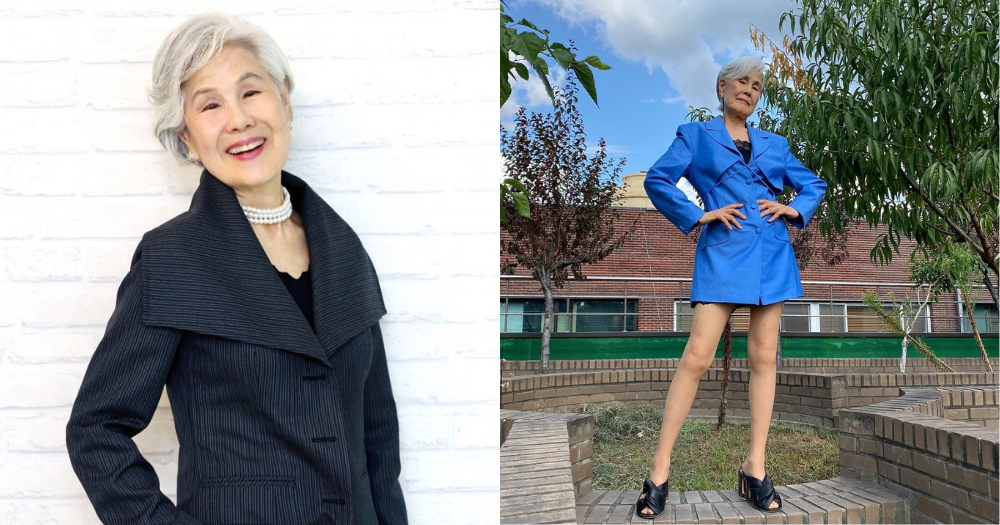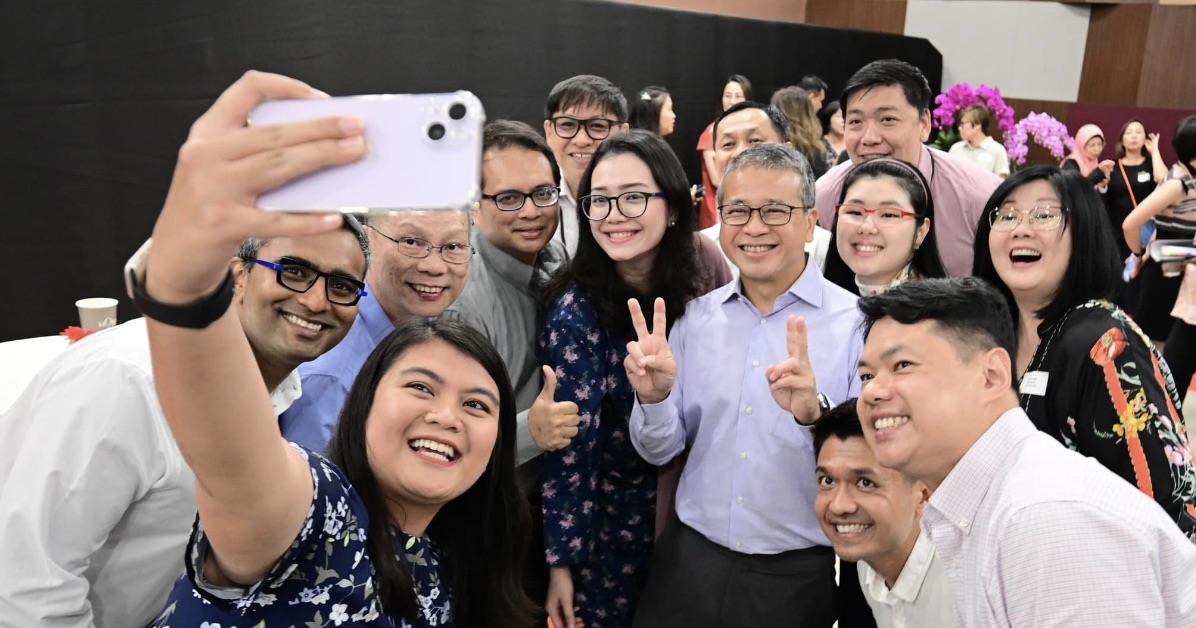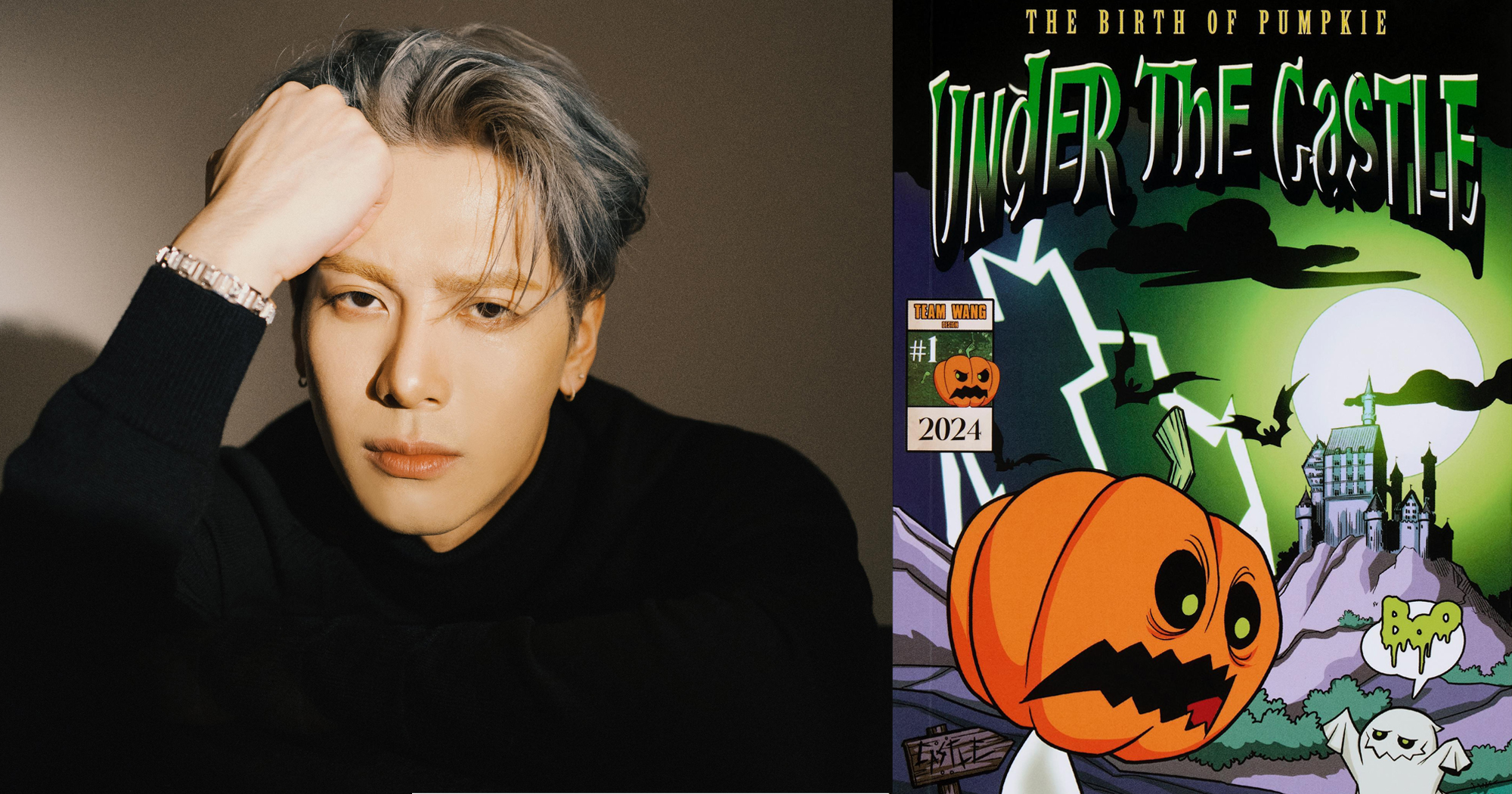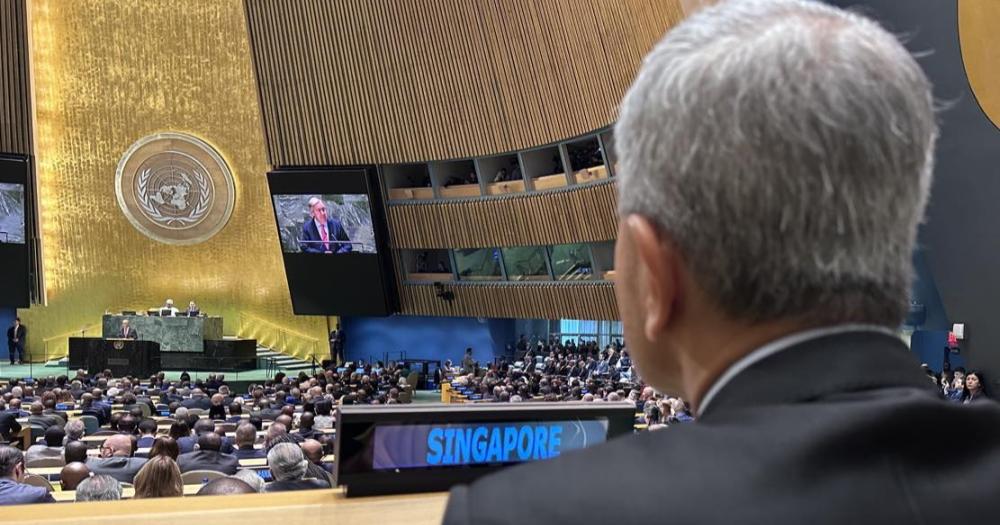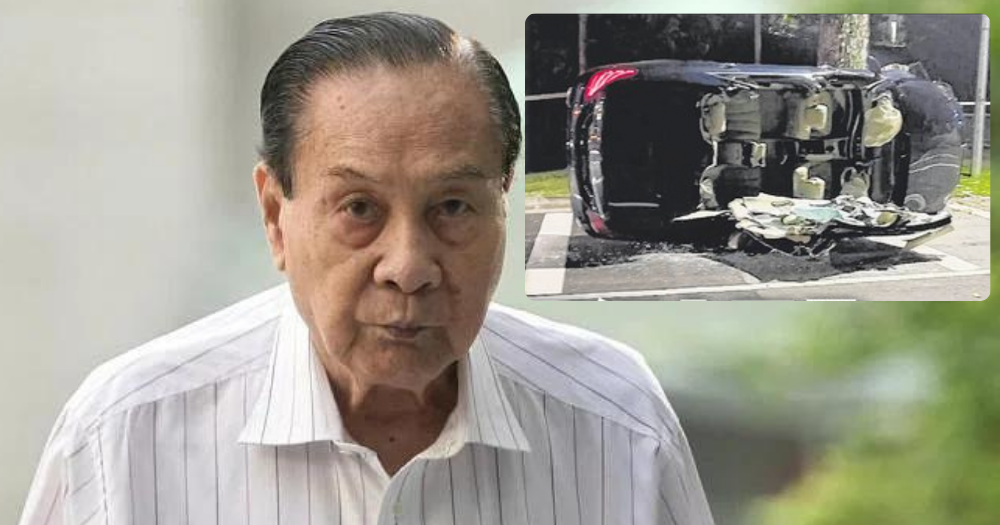New Japan PM Shigeru Ishiba wanted 'Asian NATO', but could build stable ties with China
Not as hawkish as Sanae Takaichi.
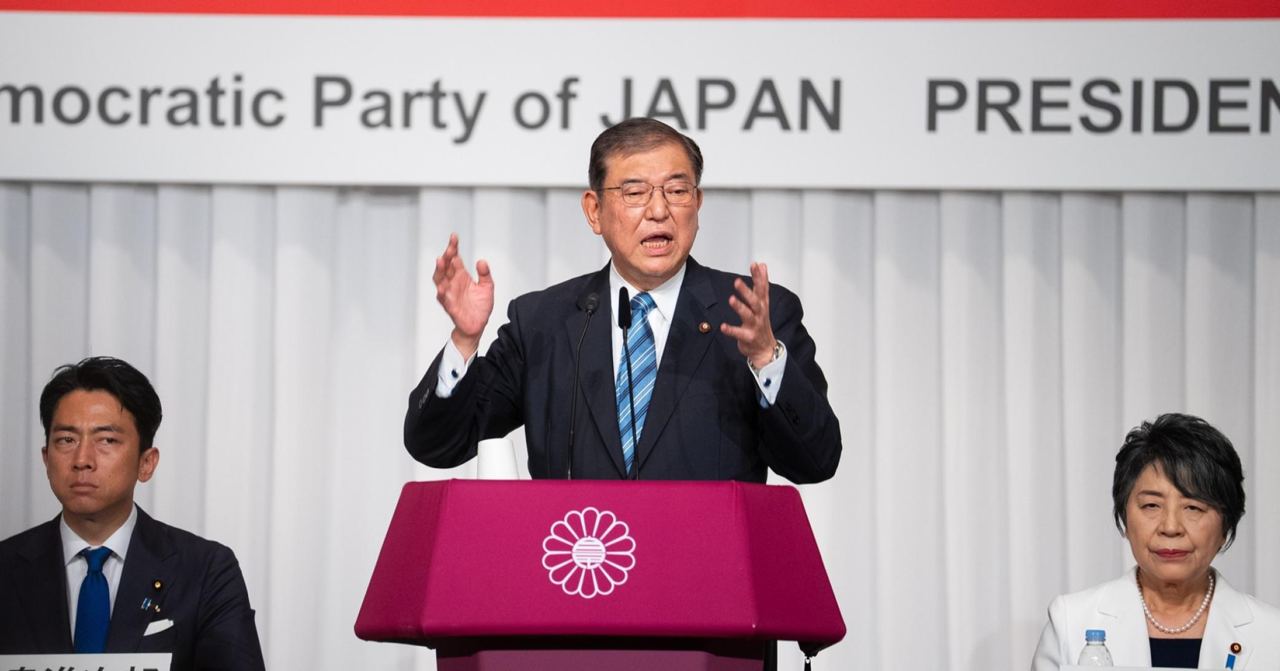
Japan has a new prime minister, but what does his ascension mean for its giant East Asian neighbour, China?
Ex-defence minister Shigeru Ishiba has been anointed as Fumio Kishida's official successor, but despite a number of past statements that may suggest belligerence, there remains some hope that Ishiba may be able to cool tensions in a dangerous neighbourhood.
Following Ishiba's victory, China's foreign ministry spokesperson Lin Jian took a notably moderate tone, saying, "The long-term, sound and steady development of China-Japan relations serves the fundamental interests of the two peoples."
Outspoken critic
Ishiba, 67, is known as something of an independent thinker within Japan's ruling Liberal Democratic Party (LDP).
A nepo baby (his father served as home minister), Ishiba briefly served as defence minister from 2007 to 2008, and has since been tasked with the agriculture, fisheries and countryside revitalisation portfolios.
Although popular with rural voters and the regular LDP party members, Nikkei Asia reported that Ishiba was known for his public criticism of party heavyweights.
Ishiba was also a rival of former Japan prime minister, the late Shinzo Abe.
Wanted 'Asian NATO'
During his campaign, Ishiba called for the creation of an "Asian NATO", referring to the defensive alliance between the U.S. and several European countries.
According to Reuters, Ishiba believes this would help deter China's aggression in Asia. However, U.S. officials have been cool on the idea, preferring instead to build on the existing network of relationships.
Japan is currently a member of the Quadrilateral Security Dialogue (Quad), with India, Australia and the U.S., although it is not a formal defensive alliance.
Ishiba is also familiar with Taiwan, having visited in Aug. 2024 and meeting with Taiwan's President William Lai. Lin Jian mentioned this in his statement with disapproval.
During his campaign, Ishiba linked his support of collective security to Taiwan, saying, "If there is an emergency in Taiwan, it is an emergency in Japan."
Takaichi, the rival
However, despite these positions, at least one expert believes that Beijing is "breathing a sigh of relief" after Ishiba's victory.
NBC cited Michael Cucek, a Japanese politics expert at Temple University, Tokyo, who said Ishiba favours a more "robust" defence posture.
But Cucek pointed out that Ishiba was one of only three candidates in the leadership election who had not visited Yasukuni Shrine, the resting place of Class A-Japanese war criminals and a volatile issue in Japan-China relations.
In contrast, Ishida's closest rival for the prime ministership, Sanae Takaichi, had "frequently" visited the shrine.
Takaichi, known as a staunch conservative, had enjoyed Abe's backing in her leadership ambitions. Takaichi in turn had supported Abe's push to amend Japan's constitution to allow for more flexibility for its defence forces.
Meanwhile, Taipei Times cited Taiwanese academics who believe that Ishiba would seek stable ties with China, with a focus on improving economic cooperation.
Related story:
Top image from Shigeru Ishiba Facebook.
MORE STORIES









